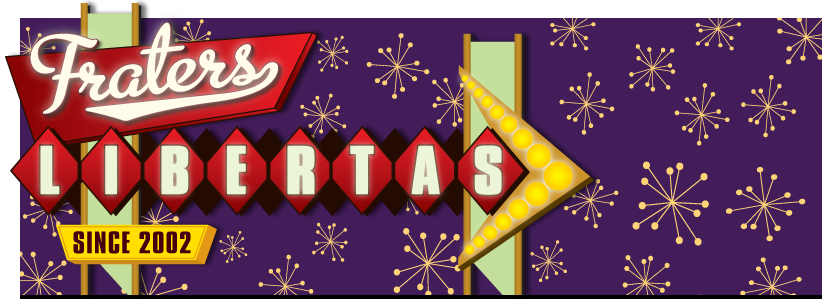James Surowiecki's new essay in the current issue of the New Yorker reminds one of an interesting insight from Thomas Schelling:
Back in the nineteen-seventies, an economist named Thomas Schelling, who later won the Nobel Prize, noticed something peculiar about the N.H.L. At the time, players were allowed, but not required, to wear helmets, and most players chose to go helmet-less, despite the risk of severe head trauma. But when they were asked in secret ballots most players also said that the league should require them to wear helmets. The reason for this conflict, Schelling explained, was that not wearing a helmet conferred a slight advantage on the ice; crucially, it gave the player better peripheral vision, and it also made him look fearless.I'm not a hockey expert (and perhaps what I claim in the paragraphs below will prove it), but it seems that not all hockey players are created equal. Some are better than others. (Perhaps missing teeth are a sign that person is a better hockey player, because they tend to have control of the hockey puck more often, and are therefore frequently running up against beefy opponents determined to take it away.) Assume also that, as in any sport, the really good players are outnumbered by the lesser-skilled ones. So maybe the secret preference of a majority of hockey players for a helmet requirement is simply signalling that most mediocre hockey players are hoping to handicap everyone, on the chance that the better ones will suffer most.
The players wanted to have their heads protected, but as individuals they couldn't afford to jeopardize their effectiveness on the ice. Making helmets compulsory eliminated the dilemma: the players could protect their heads without suffering a competitive disadvantage.
This would dovetail nicely with the incentives of the owners. Because the NHL is a business, I'd imagine that the owners would always prefer to have more spectators. I also suspect that I'm not alone in believing that hockey is more exciting when there are lots of players getting slammed into walls. But that sort of thing might happen less when nobody has an incentive to wear helmets. Thus, the helmet requirement prevails.
Not sure I'm buying the talent evening angle on this one. I don't see the benefits of not wearing a helmet as being significant at all. Not wearing a face shield does offer one a better field of vision, but a helmet? Hockey helmets themselves don't interfere with your peripheral vision.
The real explantion for the difference between the what the players did and what they said in the secret ballots is simple: image. Hockey players love the tough guy image. There's nothing worse than being thought of as "soft." The guys back in the seventies knew in their heads that wearing a helmet made sense, but there was no way they were going to risk looking weak in front of their peers so they went without a lid.

لقد اثبت الدراسات والبحوث ان العيش في بيئة مغلقة ورديئة التهوية يعد من الأسباب التي تتسبب في الاكتئاب والإحباط للكثير من الأشخاص وهو ما يزيد في حالة كون المنزل غير نظيف لطلب شركة نظافة بالرياض وليس فقط سيء التهوية لذلك يحاط الأشخاص بطاقة إيجابية حينما يتواجدوا في بيئة صحية ونظيفة شركة تنظيف بالرياض وخاصة وأن الطاقة الإيجابية تدفع للانتهاء من كافة أعمال التنظيف وانجاز الأنشطة الآخرى في وقت قصير وبذلك تتحسن الحالة النفسية بتحسن النظافة.
ReplyDelete